Florida’s plan to allocate part of its treasury to Bitcoin has officially collapsed, joining a growing list of U.S. states backing away from similar initiatives. Two key bills—HB 487 and SB 550—proposed to invest up to 10% of select public funds into Bitcoin but were withdrawn without a vote as Florida’s legislative session ended on May 3.
The move reflects a broader national trend, despite rising interest in Bitcoin as a treasury asset. At least eight states—Arizona, Oklahoma, South Dakota, Montana, North Dakota, Pennsylvania, Wyoming, and now Florida—have rejected or stalled crypto reserve bills in 2025. In several cases, the legislation passed early hurdles but failed in later stages or was vetoed by governors citing risks to public funds.
Arizona’s SB 1025, one of the most advanced Bitcoin reserve bills, was vetoed by Governor Katie Hobbs, who argued that retirement funds shouldn’t be used for speculative investments. A separate bill, SB 1373, focusing on crypto custody rather than direct investment, still awaits her decision.
Other states faced narrow defeats. Oklahoma’s proposal failed in a 6–5 vote despite some lawmakers flipping their stance. South Dakota and Montana both saw bills rejected due to concerns over volatility and financial risk. Utah revised its own blockchain legislation, removing provisions for digital asset investment altogether.
At the start of the year, over 45 Bitcoin treasury bills had been introduced across 25 states. As of May, only 36 remain active in 19 states, according to BitcoinLaws data. Among them, Texas and New Hampshire continue to push forward with viable proposals.
While political momentum around Bitcoin treasury strategies surged following former President Donald Trump’s vocal support, legislative efforts are now stalling—at least for this session.













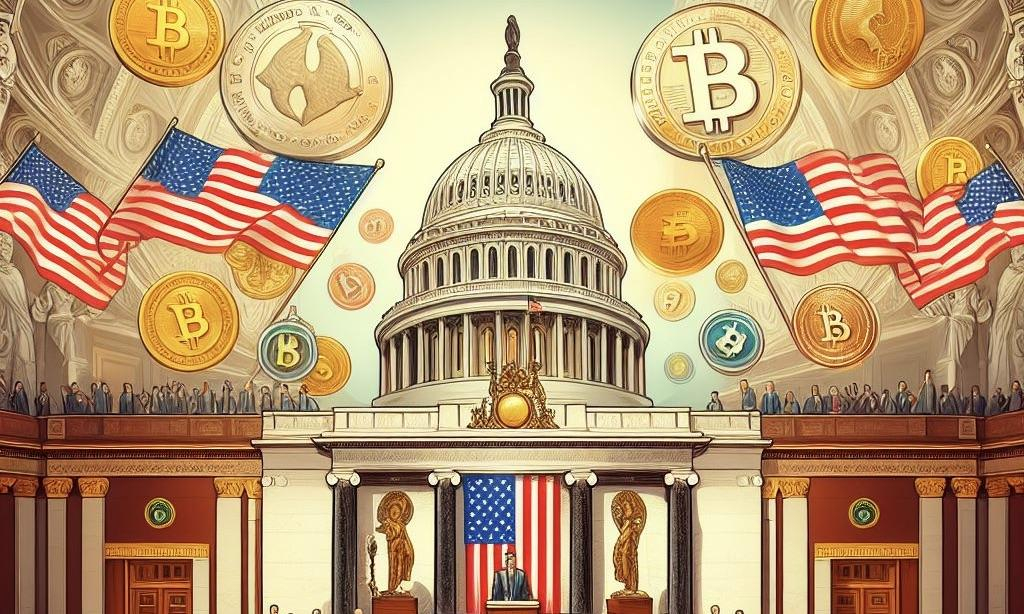



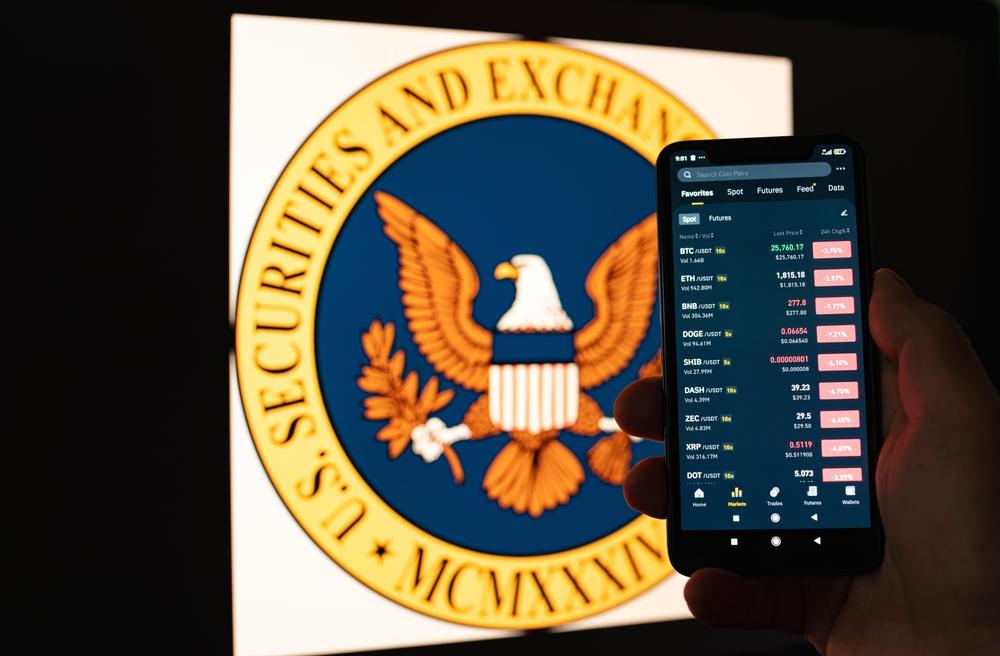




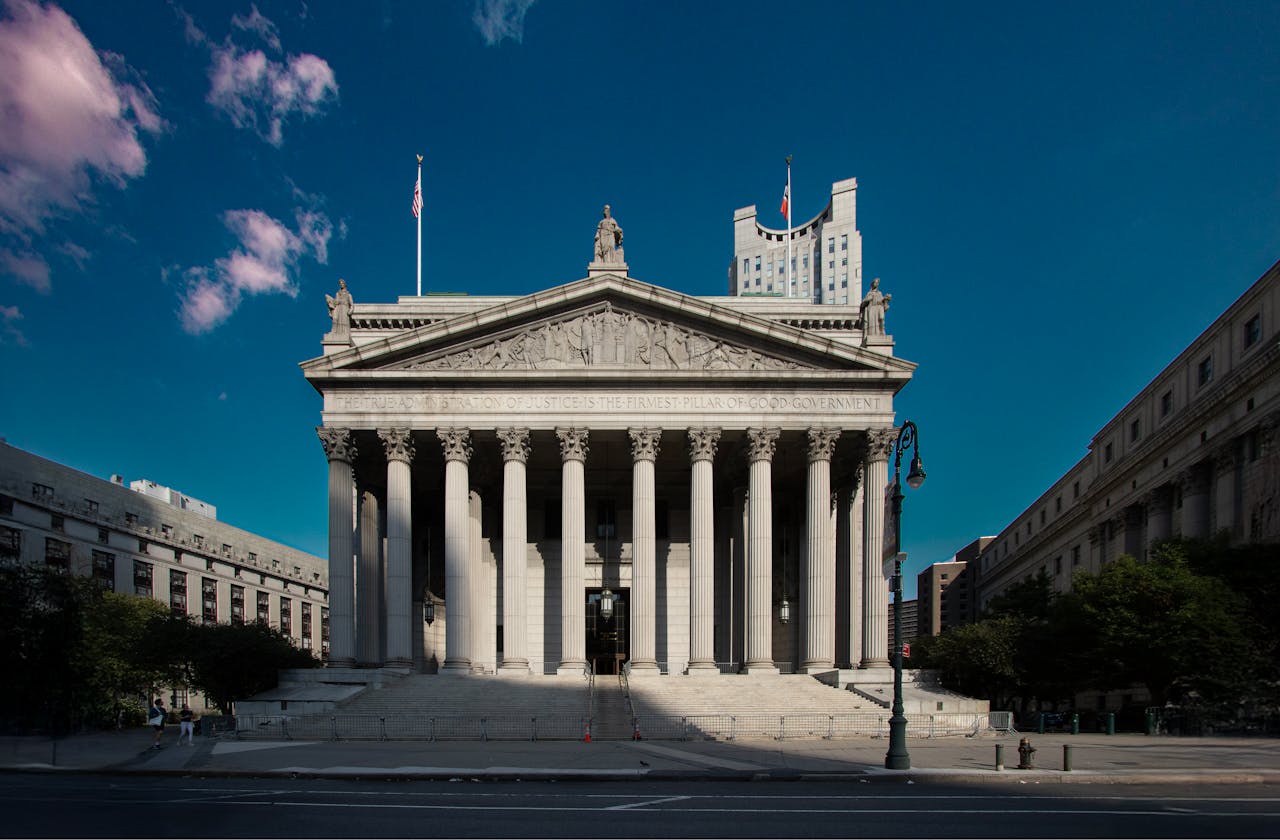

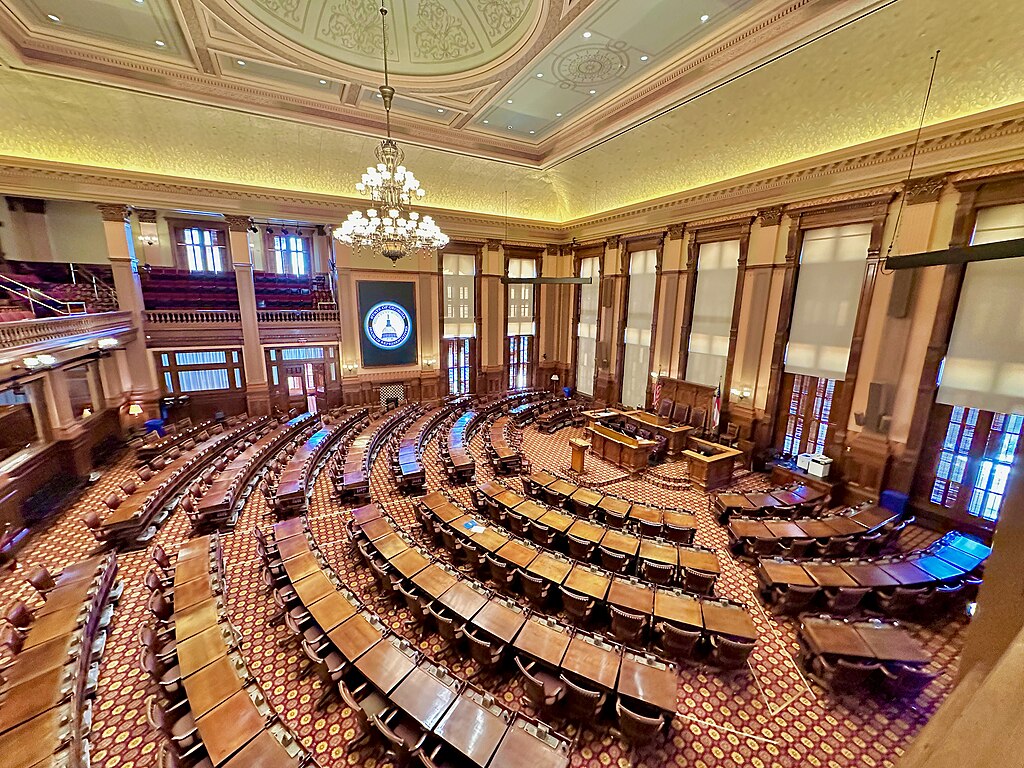

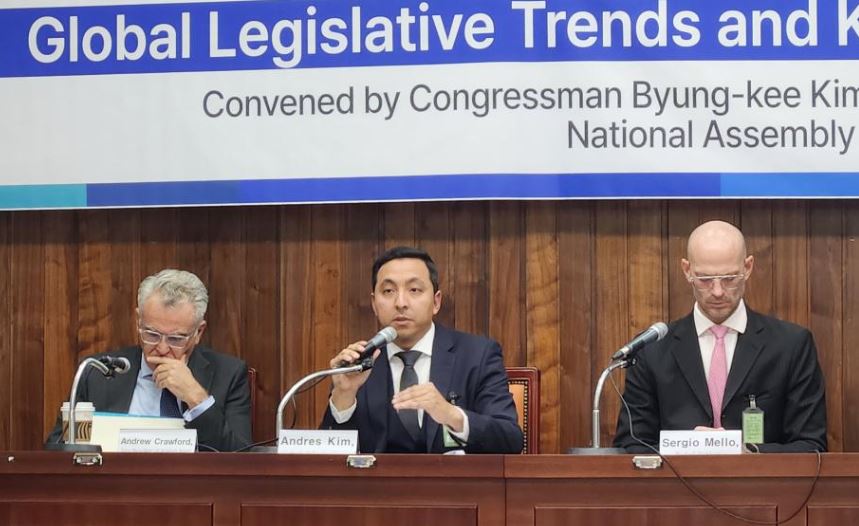

Comment 0